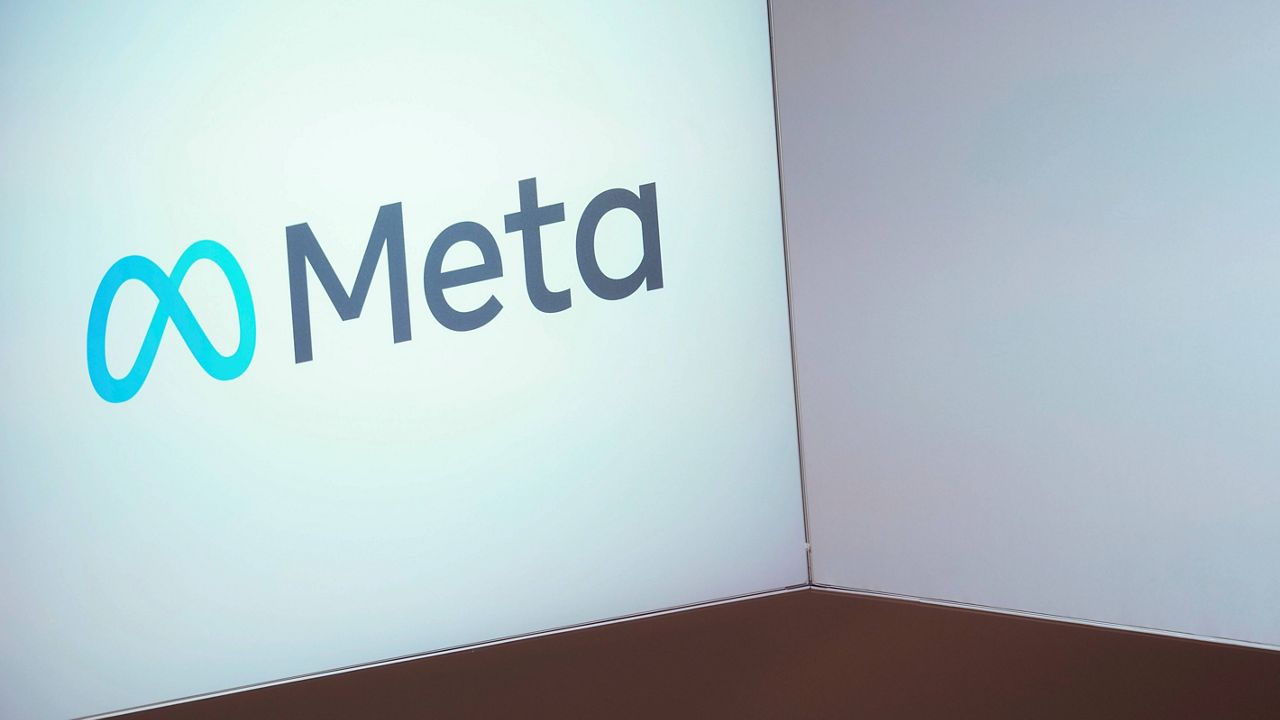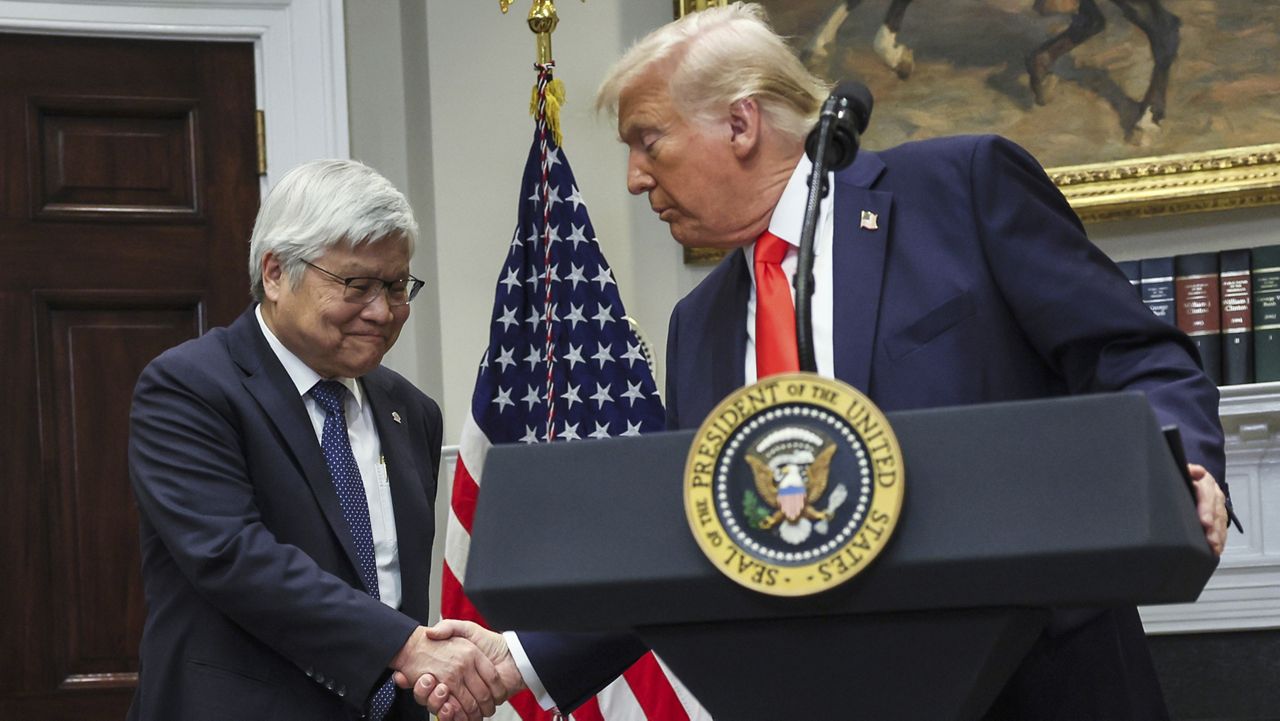With a new executive order signed Monday, President Joe Biden is attempting to rein in the largely unregulated, rapidly advancing artificial intelligence industry, while at the same time dramatically expand its use in government, education, healthcare, the criminal justice system and other areas of public life.
“We're going to see more technological change in the next ten, maybe next five, years than we've seen in the last 50 years,” Biden said at a White House event announcing the move on Monday afternoon. “And the most consequential technology of our time, artificial intelligence, is accelerating that change. It's been accelerated at warp speed. AI is all around us. Much of it is making our lives better.”
“But, you know, in some cases, AI is making life worse,” Biden continued. “To realize the promise of AI and avoid the risk, we need to govern this technology and there's no other way around it in my view. It must be governed.”
The extensive action, stretching across the breadth of the federal government, directs agencies to use their existing regulatory powers to mandate new requirements for AI companies in the absence of Congress sending new laws to Biden’s desk, something the president has hoped for but not gotten.
White House Deputy Chief of Staff Bruce Reed described the order as part of “an aggressive strategy to do everything on all fronts to harness the benefits of AI and mitigate the risks.”
Reed has been chairing meetings of the agencies involved, dubbed the “AI Council,” something that will continue regularly as the executive order is implemented, a senior administration official said Sunday in a call previewing the announcement. The longtime Biden adviser called Monday's order "the strongest set of actions any government in the world has ever taken on AI safety, security, and trust."
The Biden administration is hoping dozens of directives included in the order affecting numerous aspects of American life will be accomplished in the next three to nine months, a time frame that may produce tangible results as the president makes his case for reelection next year.
“The breadth of the executive order is a recognition of the fact that AI policy is like running a decathlon,” the senior administration official said. “We don't have the luxury of just picking ‘we're just going to do safety, or we're just going to do equity or we're just going to do privacy.’ We have to do all of these things.”
“Technology is accelerating very quickly,” they added.
Among the efforts being undertaken:
The Departments of Energy and Homeland Security will implement safeguards to protect the nation’s critical infrastructure and prevent “chemical, biological, radiologicial, nuclear, and cybersecurity risks,” according to the White House;
The Department of Commerce will work to combat fraud and help the government and private sector develop methods to confirm the authenticity of their communications and products for the public to counter AI mimics;
The National Security Council will be tasked with ensuring the military and intelligence agencies don’t abuse AI while also developing the ability to counter adversarial nations’ AI tools;
The Office of Personnel Management will lead a hiring “surge” of AI professionals within the executive branch;
Immigration agencies will be incentivized to welcome more highly skilled workers seeking to study and work in the AI field to come to and stay in the U.S.
“All too often already, it's already happening,” Biden said of deceptive AI uses. “Deep fakes use AI generated audio and video to smear reputations, speak or spread fake news and commit fraud.”
“I’ve watched one of me a couple of times. I said ‘when the hell did I say that?’” Biden added, to laughs.
Among the Biden administration’s concerns are AI tools that can help scammers and bad actors create false audio and video of world leaders and other public figures, mimic the voices of everyday Americans to trick family members into giving them money, and undermine livelihoods by replacing workers or stealing intellectual property.
One of the most significant directives in the order is the requirement that developers “of the most powerful AI systems” share their safety test results before taking their technology to the public market. That rule will be enforced by the Department of Justice through the Defense Production Act, a law that allows the president to give orders to private companies in the name of national security. It has been used in times of conflict since the Korean War and during the COVID-19 pandemic to develop and distribute vaccines.
The order will also fund AI research into privacy technologies, climate change mitigation tools and healthcare uses, advancing the industry even as the government seeks to regulate it.
How far the executive order will be able to advance the president’s priorities remains to be seen. The White House is optimistic about its efficacy, even if it is not as robust as legislation would be.
“We are using executive authority here pretty fulsomely,” the senior administration official said. “We would be the first to acknowledge, and the president has already said, that we were going to need bipartisan legislation to do more in artificial intelligence. Potentially to do more on things like safety and security or equity or innovation and competition or certainly on privacy.”
Biden plans to meet with a bipartisan group of senators led by Sen. Majority Leader Chuck Schumer, D-N.Y., on Tuesday to discuss legislation they have been working on, though Schumer has said any bill won’t be brought for a vote until next year.
“I’m going to continue to call on Congress to pass bipartisan legislation to stop Big Tech from collecting personal data on our kids and teenagers online, to ban targeting advertising to children, to limit the personal data these companies collect on us,” Biden said.
Stepping outside to the White House driveway after the event, Schumer praised the executive order as “outstanding,” but “limited.” He pledged to codify the executive order and expand upon it legislatively.
“We got to move quickly. We can't move too quickly because we’ll screw it up. But other countries or bad actors will get ahead of us,” Schumer said. “This is about the hardest thing I've attempted to undertake legislatively. Because, A, it's so complicated, B, It affects every aspect of society and, C, it's changing so fast. But we have to do it.”
He said at a Washington Post event last week that protecting elections from AI’s influence will be a priority ahead of next November.
Beyond congressional action, the order also calls for the independent Federal Trade Commission to regulate the AI industry and promote competitiveness while protecting consumers. While Biden cannot give direct orders to the commission under the law, Lina Khan, the chair he appointed, is an anti-monopoly crusader who already said earlier this year her agency would act if AI companies embraced anti-competitive business practices.
“There is no AI exemption to the laws on the books,” Khan said at a Politico conference on AI in September, repeating a sentiment she has been expressing for months. “A regime where you have brightline rules about what practices are permitted, what practices are prohibited I think could provide a lot more clarity and also be much more administrable.”
The Biden administration pledged to work with allies and partners "on a strong international framework to govern the development and use of AI" and has consulted with a number of other countries on frameworks for AI governance, including the U.K., Israel, Japan, South Korea, Australia and the European Union.
Vice President Kamala Harris is headed to the United Kingdom on Tuesday to lay out the administration’s AI policy vision domestically and globally at a summit of world leaders on the subject.
“I believe we have a moral, ethical, and societal duty to make sure that AI is adopted and advanced in a way that protects the public from potential harm and ensures that everyone is able to enjoy its benefits,” Harris said at the White House on Monday. “Understanding that AI developed in one nation can impact the lives and livelihoods of billions of people around the world, fundamentally, it is our belief that technology with global impact requires global action.”
A major concern of advocates — and shared by the White House — is the civil rights implications of AI, from invasions of privacy to discriminatory hiring processes and law enforcement tools, like facial recognition systems. Last October, the administration put forward a blueprint for an AI Bill of Rights to lay out what they think is a framework for the future of AI regulation.
“These big large systems have biases built into them. We have to remove those in every way we can,” Schumer said on Monday.
The new executive order addresses some of those concerns by directing the Department of Justice to develop strategies to investigate and prosecute civil rights violations, by setting standards for the use of AI in the criminal justice system and by providing guidance to landlords, federal benefits programs and federal contractors to use AI algorithms in a nondiscriminatory way.
“Without the right safeguards in place AI can lead to discrimination, bias and other abuses,” Biden said. “When appropriate, the Justice Department and the federal civil rights offices will investigate and prosecute AI related civil rights violations.”
Both Biden and Harris met with civil rights leaders over the last few months to discuss ensuring AI is used ethically and equitably.
“Daddy warned us off that danger when he told us in ‘Where Do We Go From Here” that if we don't allow our ethical and our moral progression to keep pace with our technological and scientific advancement, we could very well see ourselves destroy ourselves in the misuse of our own instruments,” Bernice King said after meeting with Biden in August, referencing the final book written by her father, the Rev. Martin Luther King Jr.
Biden and Harris will formally debut the order at a White House event on Monday afternoon.









